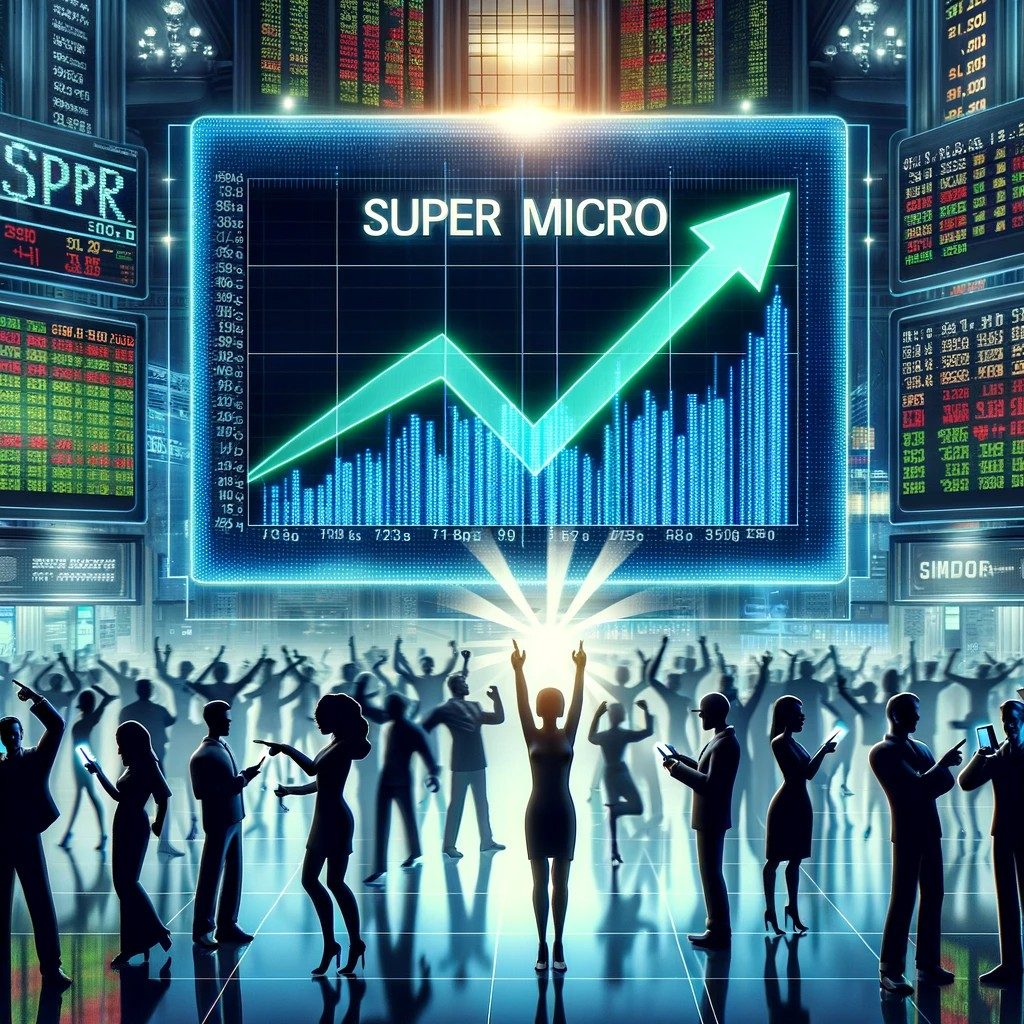In a stark revelation, Mira Murati, Chief Technology Officer of OpenAI, has sounded the alarm on the addictive nature of artificial intelligence (AI). Speaking at The Atlantic Festival in Washington D.C., Murati highlighted the perilous path of AI development, cautioning that if not approached cautiously, this technology could become not just a tool but a shackle, potentially enslaving humanity. This warning comes amidst growing concerns about the addictive qualities of emerging technologies, surpassing even the allure of social media and computer games.
AI addiction and enslavement
Murati, recognized as the “Most Powerful Woman in AI,” drew attention to the enhanced capabilities of AI in understanding user preferences and interests. She pointed out the inherent risk in designing AI systems in a way that exploits these capabilities, leading to an unprecedented level of addiction. Comparing it to existing technologies, Murati expressed her concerns about the potential for people to become enslaved to AI.
The CTO stressed the urgency for researchers to delve into the nuances of how individuals respond to addictive technology. She emphasized the need for a proactive approach in identifying potential risks and mitigating them. Murati underscored the uncertainty surrounding AI development, stating that the true impact and consequences would only be discovered through exploration and learning.
AI’s impact on jobs
In elucidating the multifaceted challenges posed by the burgeoning addictive threat, Murati meticulously delved into the looming specter of artificial intelligence (AI) casting its formidable shadow upon the delicate fabric of the job market. Citing with discerning acumen a comprehensive Goldman Sachs study, she deftly underscored the staggering numerical revelation that portended a disconcerting future: a potential cascade of up to 300 million job losses, inexorably driven by the relentless march of automation.
In the intricate tapestry of Murati’s perspective, the imminent wave of automation wasn’t merely a harbinger of economic evolution; rather, it emerged as the herald of a transformative revolution, characterized by unparalleled job displacement. The echoes of historical industrial revolutions, with their seismic shifts and epochal transformations, resonated in her analysis, emphasizing the gravity of the impending paradigm shift.
In her role as an OpenAI executive, Murati went beyond outlining challenges; she became a visionary leader, urging society to proactively prepare for the imminent upheaval. Her urgent call emphasized the need for fortification against impending shifts in the job market, recognizing the imperative for widespread adaptation and readiness for a new AI-influenced way of life.
OpenAI’s ethical vision in AI development
Underlining OpenAI’s commitment to developing AI for the benefit of humanity, Murati discussed the organization’s role in shaping the future. In an interview with TIME magazine earlier this year, she described the current moment as unique, where choices made today would profoundly impact society. Murati expressed the dual influence between technology shaping society and society shaping technology.
In this context, the executive outlined the challenges faced in aligning AI models with human intentions and ensuring they serve humanity’s best interests. She emphasized the inclusion of diverse voices from philosophers, social scientists, artists, and humanities to navigate the ethical and philosophical questions surrounding AI development.
As humanity stands at the crossroads of technological evolution, Mira Murati’s warnings serve as a clarion call to approach AI with caution, recognizing its addictive potential and the profound societal changes it could usher in. The challenge lies not just in developing sophisticated technology but in ensuring it remains a servant, not a master, to humanity.





